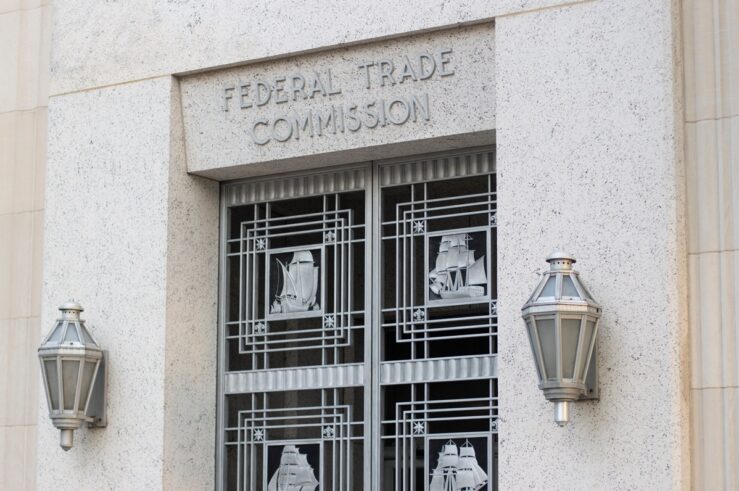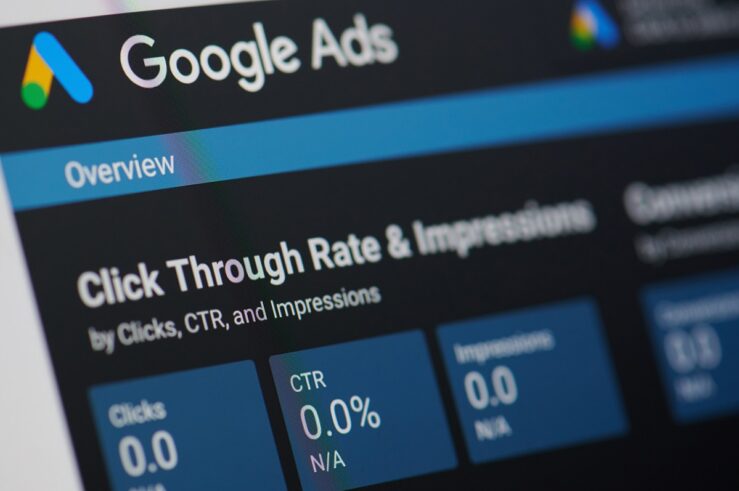Showing archive for: “Monopolization”
DOJ’s Not-so-Modest Proposal
The U.S. Justice Department (DOJ) late last month filed its much-anticipated initial proposed final judgment in the Google Search antitrust case. The proposal—to use a bit of baseball parlance—swung for the fences. Maybe they’ll get a hit, or maybe even a home run. Or not. Dodgers superstar Shohei Ohtani hit a whopping 54 home runs ... DOJ’s Not-so-Modest Proposal
It May Be Time to Consider Reforming Global Competition Policy
As the incoming Trump administration contemplates ways to promote U.S. economic growth and innovation, it may wish to consider two possible new global competition-policy initiatives. These actions, if successful, could help protect American (and foreign) firms from foreign government impediments to effective competition. Antitrust Around the World Antitrust law (called competition law in other countries) ... It May Be Time to Consider Reforming Global Competition Policy
Why Trump May Consolidate Federal Antitrust Enforcement
President-elect Donald Trump’s new “Department of Government Efficiency” has been tasked with providing advice and guidance on reducing government waste and restructuring federal agencies. One act of restructuring that may warrant consideration would involve consolidating all federal antitrust enforcement within the U.S. Justice Department (DOJ). There are strong arguments that this would reduce waste. In addition, ... Why Trump May Consolidate Federal Antitrust Enforcement
Assessing the Government’s Monopolization Case Against Visa
The U.S. Justice Department (DOJ) has initiated an antitrust monopolization case against Visa for various practices related to its debit-card services. The complaint centers on two primary theories of harm. The first is that Visa offers volume discounts in a manner that locks in merchant banks (or “acquirers”) into Visa’s debit-card network, which deprives rival ... Assessing the Government’s Monopolization Case Against Visa
Weighing DOJ’s Proposed Remedies for Google’s Monopolization
The U.S. Justice Department (DOJ) has proposed remedies to a federal judge who held that Google illegally monopolized web search. In reviewing the DOJ’s recommendations, the judge should take into account the downsides of particular remedies, as well as their potential benefits. The judge should be careful not to impose remedies that could reduce innovation ... Weighing DOJ’s Proposed Remedies for Google’s Monopolization
A Tale of Two App Stores
Dueling federal antitrust holdings dealing with app stores could have significant impacts on the future of competition in mobile-internet services. Going forward, antitrust policy in this area should focus on promoting consumer welfare and innovation, rather than the interests of particular competitors. App Store Basics Google and Apple compete vigorously for consumer favor in smartphones. ... A Tale of Two App Stores
FTC Sues ‘Big 3’ Pharmaceutical Benefit Managers
My last post highlighted a July 2024 Federal Trade Commission (FTC) interim staff report that was critical of pharmaceutical benefit managers (PBMs)—so-called “middlemen” firms that specialize in negotiating with drugmakers for rebates on the list prices of drugs. I explained that the interim report’s analysis is at odds with economic research that delineates the substantial economic benefits ... FTC Sues ‘Big 3’ Pharmaceutical Benefit Managers
Prudence and Precedent Counsel Modest Remedies in Google Search Case
Later this fall, the U.S. District Court for the District of Columbia will hold hearings to determine the proper remedy in the Google search case. Among other options, the court could restrict Google’s ability to sign exclusive distribution contracts, force it to share data with competitors, or even break Google apart into two or more ... Prudence and Precedent Counsel Modest Remedies in Google Search Case
Justice Department’s Google Adtech Antitrust Suit Does Not Add Up
The trial of the U.S. Justice Department’s (DOJ) “adtech” antitrust lawsuit against Google kicked off Sept. 9 in U.S. District Court in Alexandria, Virginia. In a nutshell, the DOJ (joined by 17 states) argues that Google illegally monopolized key digital-advertising technologies through a variety of anticompetitive tactics. But the DOJ will find it difficult to ... Justice Department’s Google Adtech Antitrust Suit Does Not Add Up
A Primer (and Some Questions) About the RealPage Antitrust Case
The U.S. Justice Department (DOJ) and several states filed suit late last month against the property-management software firm RealPage Inc. for its “unlawful scheme to decrease competition among landlords in apartment pricing and to monopolize the market for commercial revenue management software that landlords use to price apartments.” While this is not the first case ... A Primer (and Some Questions) About the RealPage Antitrust Case
Big Federal Antitrust Cases Heat Up
The U.S. Justice Department (DOJ) and the Federal Trade Commission (FTC) are advancing two major antitrust cases that will have significant implications for the American public. The DOJ, joined by eight states, announced Aug. 23 that it was suing RealPage Inc. for an “unlawful scheme to decrease competition among landlords in apartment pricing and to monopolize ... Big Federal Antitrust Cases Heat Up
Google Monopolization Ruling May Not Hold Up On Appeal
In an Aug. 5 order, the U.S. District Court for the District of Columbia held that Google engaged in illegal monopolization of internet “general search services” and “general text search advertising.” This decision, dubbed “an historic win for the American people” by U.S. Attorney General Merrick Garland, may face tough sledding on appeal. The very ... Google Monopolization Ruling May Not Hold Up On Appeal
















